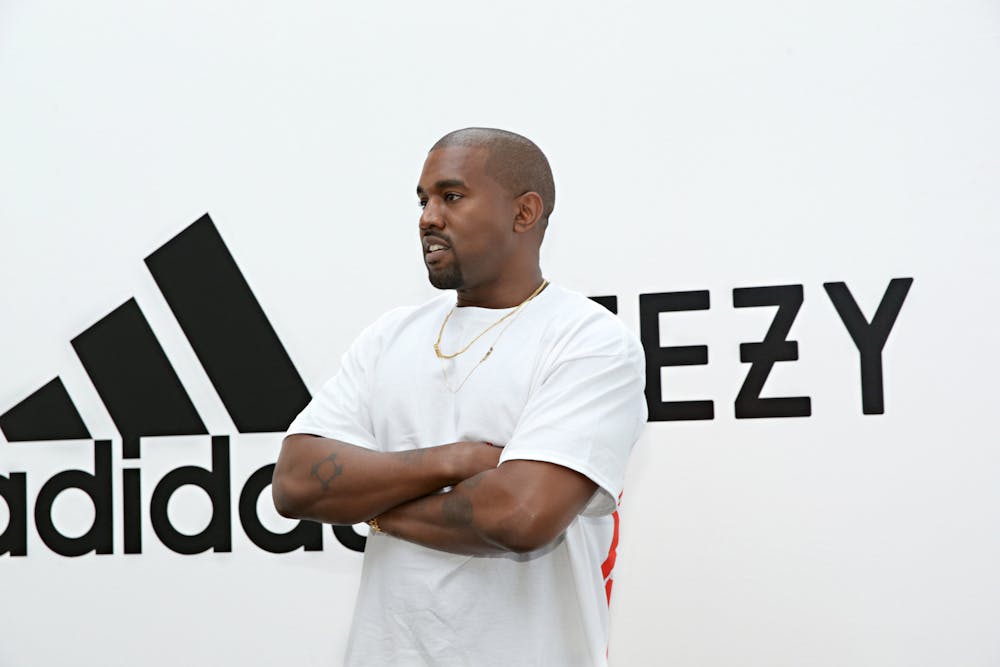The ethical dilemma of separating art from the artist is one that has been debated for many years now. With social media allowing for new reasons to criticize notable artists, political figures and authors, there has been a greater push to eliminate works of art by morally skewed artists.
Just this week I was reading the headlines from my former high school’s newspaper, which reported their leadership team canceled a “Harry Potter” themed spirit week over author J.K. Rowling’s alleged transphobic tweets. This compelled me to seriously ponder whether society should separate art from their artists.
It should first be noted that the issue is not as black and white as many perceive it to be. For one, I think there exists no moral dilemma with consuming art from a controversial deceased artist. One of the largest arguments is that by consuming the art created by morally corrupt artists, we are inadvertently supporting them and their immoral actions. This cannot be the case for dead artists.
For example, it is well-reported that literary great Oscar Wilde was a pedophile by today’s standards. Wilde had reported affairs with boys as young as 13, though there was little enforcement on age of consent in 19th century England. But if I purchase a copy of “The Picture of Dorian Gray,” that does not provide any benefit to him whatsoever, as he is dead. Could this result in further popularity for Wilde? It is entirely possible, though even popularity does not implicitly mean that we are condoning his immoral actions. A dead man can ultimately not benefit from popularity, cancellation or admiration.
[Related: OPINION: Art should make you uncomfortable]
However, there are a plethora of morally skewed artists today who still create work. Can we appreciate the work they put out? I very well think we can.
As consumers, we look at art every day without knowing the context behind its creation. We may walk by admirable architecture, a mural on the side of the street or a piece of well-written text without ever knowing the artist. We do not rationally ask ourselves if we should appreciate such works of art because we don’t know if the artist is morally corrupt by our modern standards. Rather, we merely appreciate the work for what it is.
Every day, we appreciate art while being unknown to its context. Thus, we are separating art from the artist all the time, as it would be impossible to have opinions about works of art if it is ethically required that we only appreciate art created by a moral artist. But this is unachievable, as we must either 1.) Discover the context of all art we consume and their respective creators prior to judging it, or 2.) never hold on opinion on art, as we don’t know if it was produced by a morally corrupt artist.
Viewing art based on its content rather than its context can be done even if we do know the context. Revisiting J.K. Rowling's controversy, I find it is a reasonable conclusion to indulge in her literary works, as the content of the works are great. It would be irresponsible to love J.K. Rowling herself without knowing her background, but we can still take her art and appreciate objective literary talent.
[Related: COLUMN: It’s impossible to separate the art from the artist]
Similarly, if I relisten to one of Kanye’s many great albums, I will still find that the album is just as well produced as it was before he went on an antisemitic rant last year. Unless the art is directly indicative of the morally corrupt values the artist holds, such as if Kanye were to create an album praising Nazis, I see little reason as to why we cannot appreciate the art, and the art exclusively.
A common rebuttal against separating art from the artist is that by supporting the art, we are inadvertently supporting the artist, via more recognition and financial gain. I find this argument to be an immense overreaction to how much we would be personally supporting such artists and can once again apply Kanye as an example of this.
Will Kanye make a large sum of money off of our continuous streams of his albums? Without a doubt. But this will be insignificant on his overall reputation, as no matter how much money or popularity he gains from our indulgence into his work, Ye will never escape the general perception that he is still an antisemitic, disreputable rapper.
So long as society continues to call out artists for their distasteful, and even evil doings, we can still appreciate the art they produce for what it is.
Jacob Lubarsky (he/him) is a junior studying philosophy and political science with minors in psychology and Spanish.






